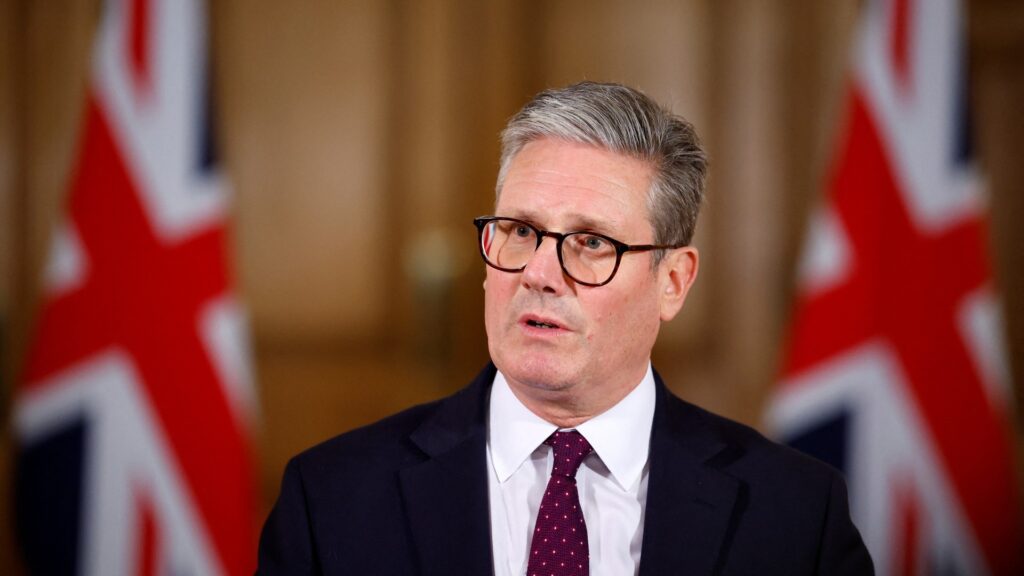LONDON — Britain may impose new restrictions on student visas from countries whose nationals are statistically more likely to seek asylum, as Prime Minister Keir Starmer’s government faces growing political pressure to reduce net migration following disappointing local election results.

A government official confirmed Monday that the proposal is part of a broader strategy to address migration concerns ahead of the release of a key immigration policy document next week. The planned “white paper” will outline Labour’s efforts to overhaul the country’s immigration system and reduce net migration, which hit 728,000 in the year ending June 2023.
“Our upcoming Immigration White Paper will set out a comprehensive plan to restore order to our broken immigration system,” the Home Office said in a statement.
The potential visa restrictions target students from nations deemed most likely to use temporary entry routes, such as study, work, or visitor visas, to later apply for asylum. While official data does not identify nationalities of student visa holders who claimed asylum, the government said applicants from Pakistan, Nigeria, and Sri Lanka accounted for a significant share of such cases last year. Of the 108,000 total asylum applications in 2023, 16,000 came from individuals who initially arrived on student visas.
The proposal emerges just days after Starmer’s Labour Party suffered voter backlash in local elections across England, with immigration cited as a top concern among disillusioned constituents. The defeats reignited tensions within Labour, particularly among lawmakers representing former strongholds in northern England, known as the “Red Wall.”
Jo White, a prominent Labour MP from the group, criticized the government’s slow response on immigration. “We need to stop pussyfooting around,” she said. “Voters are demanding firm action.”
Legal migration — particularly through student and work visa pathways — has been a flashpoint in UK politics for over a decade and played a central role in the 2016 Brexit referendum. Since then, successive governments have struggled to strike a balance between economic needs and voter concerns over border control.
The expected white paper could set the stage for contentious debate within Parliament, as Labour seeks to reassure voters it is serious about immigration enforcement while avoiding accusations of discriminatory or overly harsh policies. It also remains unclear whether any proposed restrictions would pass legal scrutiny or international obligations related to asylum rights.
Analysts say the government is walking a political tightrope. “Restricting student visas from select countries risks damaging the UK’s reputation as a global education hub,” said migration policy expert Sara Hall of the London School of Economics. “But with net migration numbers this high, the pressure to act decisively is mounting.”
The full details of the plan are expected to be made public in the coming week, potentially reshaping how the UK balances its international education sector with domestic political demands.



